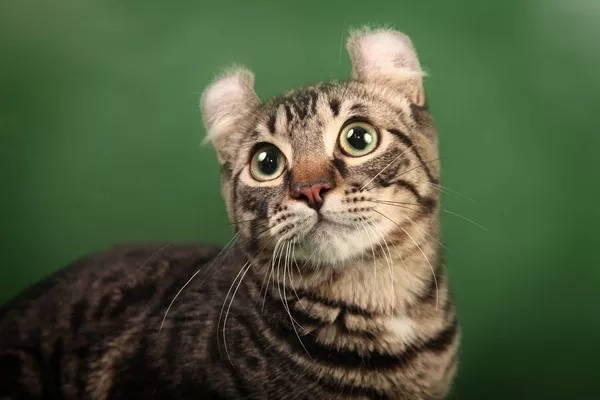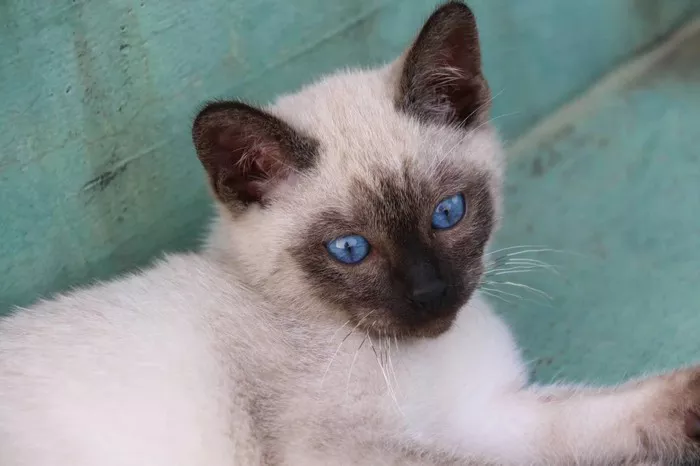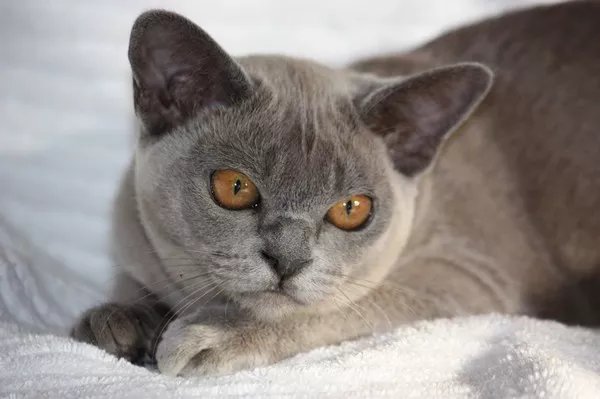Cats have unique dietary requirements, and what may be safe for humans to consume is not always safe for our feline companions. As responsible pet owners, it is essential to understand which human foods can be harmful or toxic to cats. This article aims to educate cat owners about the potential dangers associated with feeding certain human foods to cats, the hazardous ingredients to look out for, and provide a list of common foods that should be avoided. By recognizing and avoiding these harmful foods, we can help ensure the health and well-being of our beloved feline friends.
The Importance of Feline Dietary Safety
Ensuring the dietary safety of our cats is crucial for their overall health and longevity. While cats are obligate carnivores and have specific nutritional needs, they may occasionally show interest in human foods. However, it is essential to understand that certain foods can be toxic or harmful to cats due to their unique metabolism and digestive systems.
Toxic Foods: Avoiding Substances Harmful to Cats
Several human foods contain substances that can be toxic to cats. It is important to avoid these foods to prevent potential health complications or emergencies. Some common toxic foods for cats include:
Chocolate:
Chocolate contains theobromine and caffeine, which are toxic to cats. Ingestion can cause symptoms such as increased heart rate, tremors, seizures, and even death.
Onions and Garlic:
Onions and garlic, whether raw, cooked, or in powdered form, can damage a cat’s red blood cells, leading to anemia. This includes onion and garlic powder found in many processed foods.
Grapes and Raisins:
Grapes and raisins can cause kidney failure in cats. Even a small amount can be dangerous, leading to symptoms such as vomiting, diarrhea, and decreased appetite.
Alcohol:
Alcohol consumption can have severe consequences for cats, as their bodies cannot metabolize alcohol efficiently. It can lead to intoxication, disorientation, and even respiratory failure.
Coffee and Tea:
Caffeine, found in coffee, tea, and energy drinks, is harmful to cats. Ingestion can cause restlessness, rapid breathing, tremors, and can be life-threatening.
Hazardous Ingredients: Identifying Problematic Food Components
Apart from specific toxic foods, certain ingredients commonly found in human foods should be avoided when feeding cats. These ingredients can cause gastrointestinal upset or other adverse reactions:
Dairy Products:
While some cats can tolerate small amounts of lactose, most adult cats are lactose intolerant. Feeding dairy products, such as milk or cheese, can result in digestive upset, including diarrhea.
Xylitol:
Xylitol, a sugar substitute found in many sugar-free products, including gum, candies, and baked goods, is toxic to cats. Ingestion can lead to a rapid release of insulin, causing a dangerous drop in blood sugar levels.
Bones and Fish Bones:
Cooked bones, especially poultry bones, can splinter and cause choking hazards or gastrointestinal injuries. Additionally, fish bones can pose similar risks and should be removed before feeding fish to cats.
Common Foods to Avoid: A List of Human Foods Unsafe for Cats
To ensure the safety of your cat, it is important to be aware of and avoid feeding the following common human foods:
Chocolate and cocoa products
Onions and garlic
Grapes and raisins
Alcohol
Coffee and tea
Raw or undercooked meat, eggs, or fish
Milk and other dairy products
Xylitol-containing products (sugar-free gum, candies, etc.)
Avocado
Nuts (especially macadamia nuts)
Yeast dough
Raw dough with yeast
Artificial sweeteners (such as those containing xylitol)
Salty snacks, including chips and pretzels
High-fat foods (e.g., fatty cuts of meat, fried foods)
Creating a Healthy and Safe Diet: Feline-Friendly Alternatives
Providing a balanced and species-appropriate diet is crucial for your cat’s health. Instead of sharing potentially harmful human foods, consider offering safe and nutritious alternatives:
High-quality Cat Food:
Choose a nutritionally balanced cat food formulated to meet your cat’s specific life stage and dietary needs. Consult with your veterinarian for recommendations.
Lean Meat Treats:
Offer small, cooked pieces of lean meat such as chicken or turkey as a special treat. Ensure that the meat is boneless and free from seasoning or marinades.
Cat-Safe Fruits and Vegetables:
Some fruits and vegetables, like small amounts of cooked pumpkin or steamed green beans, can be safe additions to your cat’s diet. However, always introduce new foods gradually and in moderation.
Consult with Your Veterinarian:
If you have questions or concerns about your cat’s diet or appropriate treats, consult with your veterinarian. They can provide guidance tailored to your cat’s specific needs.
Conclusion:
As responsible cat owners, it is crucial to prioritize the safety and well-being of our feline companions. Understanding the human foods that can be toxic or harmful to cats is essential for their health. By avoiding toxic foods and ingredients, we can protect our cats from potential health complications or emergencies. Instead, focus on providing a nutritionally balanced and species-appropriate diet, consisting of high-quality cat food and safe alternatives for treats. By promoting a safe and healthy diet, we can help ensure that our cats live long, happy, and healthy lives.


























